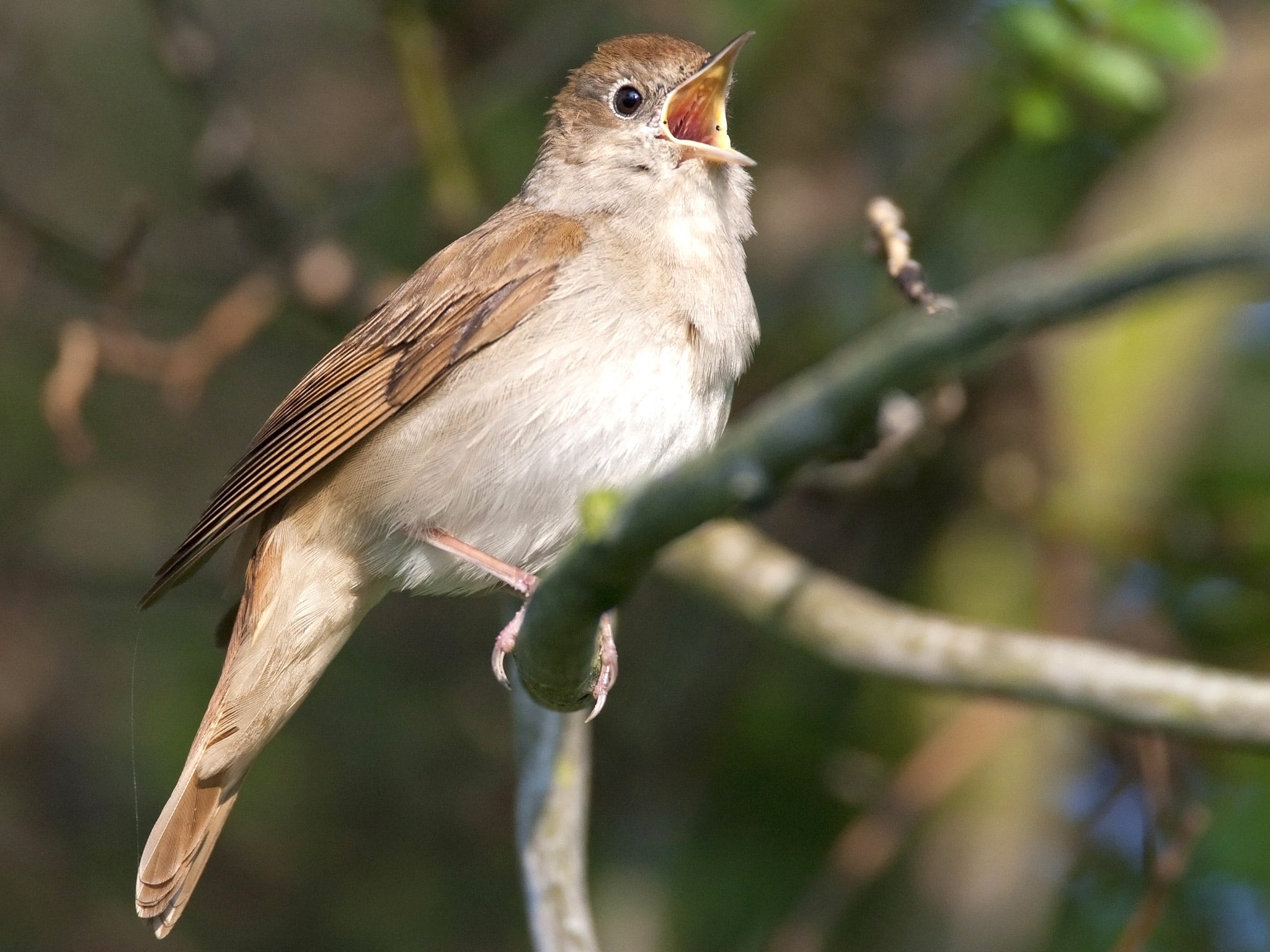The betrayal of England’s wild heritage
People need homes, but so does the nightingale, whose numbers are in steep decline

For the first time in more than 60 years, England may soon be without an independent agency looking after wildlife. These are austere times. We’re used to financial austerity, but those who understand wildlife conservation realise we’re experiencing natural austerity, too: 40 per cent of the UK’s most threatened species, such as the turtle dove, the curlew and the pearl-bordered fritillary butterfly, continue to decline.
In other words, it could hardly be a worse time to abolish Natural England, the Government’s statutory conservation agency, on whose future Owen Paterson, the Environment Secretary, is shortly due to rule. Mr Paterson has a choice: to bolster it, or subsume it within the broader remit of the Environment Agency. If he plumps for a merger, he will bring to an end a 64-year heritage of a dedicated nature conservation agency for England. Since 1949, we’ve had a focused agency to champion wildlife, which was born out of a wartime vision for a modern, better Britain. Soon, that could be no more.
Governments need independent agencies – the Office for Budget Responsibility, for instance – because some issues require specialist expertise and focus. Last week, Natural England recognised the value of England’s most important nightingale site, in Kent, which Medway Council has earmarked for the development of 5,000 houses. Of course, people need homes, but so does the nightingale, whose English population has nearly halved in number since 1995. Lodge Hill is a site formerly used by the Ministry of Defence and has more than 1 per cent of all the nightingales in England. This makes it worthy of becoming a Site of Special Scientific Interest. And, acting on its biological importance, Natural England duly awarded Lodge Hill SSSI status. This was the right thing to do, because the political imperative for short-term economic growth ought not to lead to erosion of our natural wealth.
Only a single agency focused on protecting nature for its own sake and for ours can deliver this. It’s that same clarity which gives us separate police, fire and ambulance services. But a merger with the Environment Agency would inevitably subordinate the vital focus of Natural England on the needs of wildlife to the needs of the economy. For example, when giving advice on planning applications, Natural England would lose the ability to objectively resist environmentally damaging development.
I don’t oppose change in all cases. With the Government retaining the Public Forest Estate, it could combine Natural England and the remaining forest services to create a new Forest and Wildlife Service. Dedicated agencies with a single focus are a powerful symbol of the value of nature, even in the most austere and hardest of times. Mr Paterson: don’t betray Britain’s wildlife and heritage in the coming weeks.
Martin Harper is Director of Conservation for The Royal Society for the Protection of Birds

Join our commenting forum
Join thought-provoking conversations, follow other Independent readers and see their replies